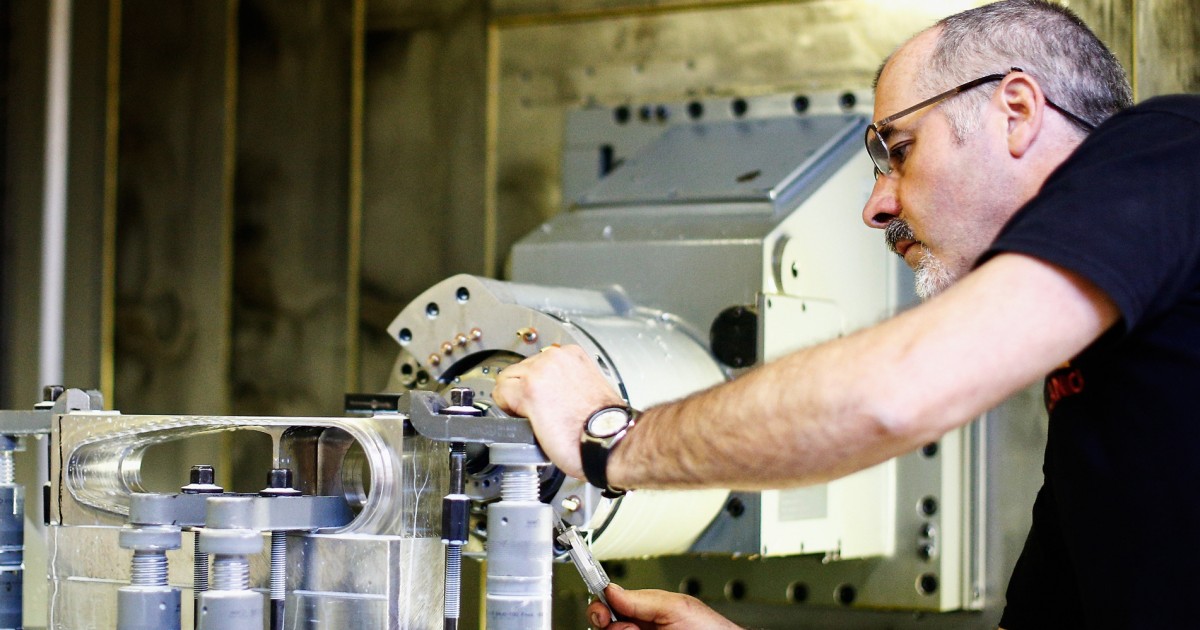
FMRI
Functional Magnetic Resonance Imaging (fMRI) is a non-invasive neuroimaging technique that measures changes in blood flow in the brain to detect neural activity. It is based on the principle that when a brain area is active, blood flow to that region increases. fMRI can be used to study brain function and connectivity, and has applications in cognitive neuroscience, psychology, and medicine. The technique involves placing the subject in a strong magnetic field and using radio waves to measure changes in the magnetic properties of blood as it flows through the brain. The resulting images show areas of the brain that are active during a particular task or at rest.
Your Previous Searches
Random Picks
- Human Factors Engineering: Human Factors Engineering (HFE) is the application of knowledge about human behavior, abilities, limitations, and other characteristics to the design of equipment, systems, facilities, and jobs in order to optimize human performance, safety ... Read More >>
- Oxygen: Oxygen is a chemical element with the symbol O and atomic number 8. It is a member of the chalcogen group in the periodic table, a highly reactive nonmetal, and an oxidizing agent that readily forms oxides with most elements as well as with ... Read More >>
- Infections: Infections refer to the invasion and multiplication of harmful microorganisms such as bacteria, viruses, fungi, and parasites in the human body. In the context of space and astronautical engineering, infections can pose a significant risk t ... Read More >>
Top News

SpaceX's Fram2 returns from first-of-its-kind mission around Earth's poles...
The Fram2 mission, paid for and led by a cryptocurrency billionaire who is flying with three guests, has returned after a journey on a unprecedented polar orbit....
News Source: CNN on 2025-04-04

Scientists release plans for an even bigger atom smasher to address the mysterie...
GENEVA — Top minds at the world’s largest atom smasher have released a blueprint for a much bigger successor that could vastly improve research into the remaining enigmas of physics....
News Source: NBC News on 2025-04-01

Scientists release plans for even bigger atom smasher along the French-Swiss bor...
Scientists at the world’s largest atom smasher have released a blueprint for a much bigger successor that could help solve enigmas of physics, starting in the mid-2040s at a cost of about $16 billio...
News Source: ABC News on 2025-04-01

The 'Blaze Star' hasn't exploded yet, but it could soon...
T Coronae Borealis has an outburst every 79 to 80 years, according to NASA....
News Source: ABC News on 2025-03-28
I visited the sprawling 'metroburb' where 'Severance' is filmed. It's a 2 millio...
Bell Works, the real office complex that doubles as Lumon on "Severance," is redefining what an office can be....
News Source: Business Insider on 2025-03-28